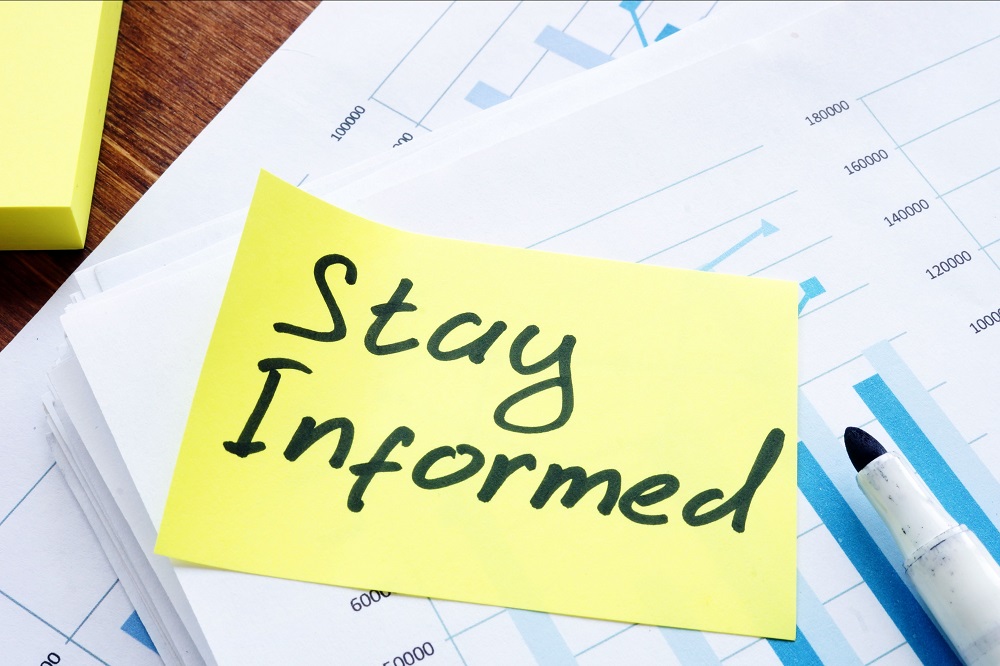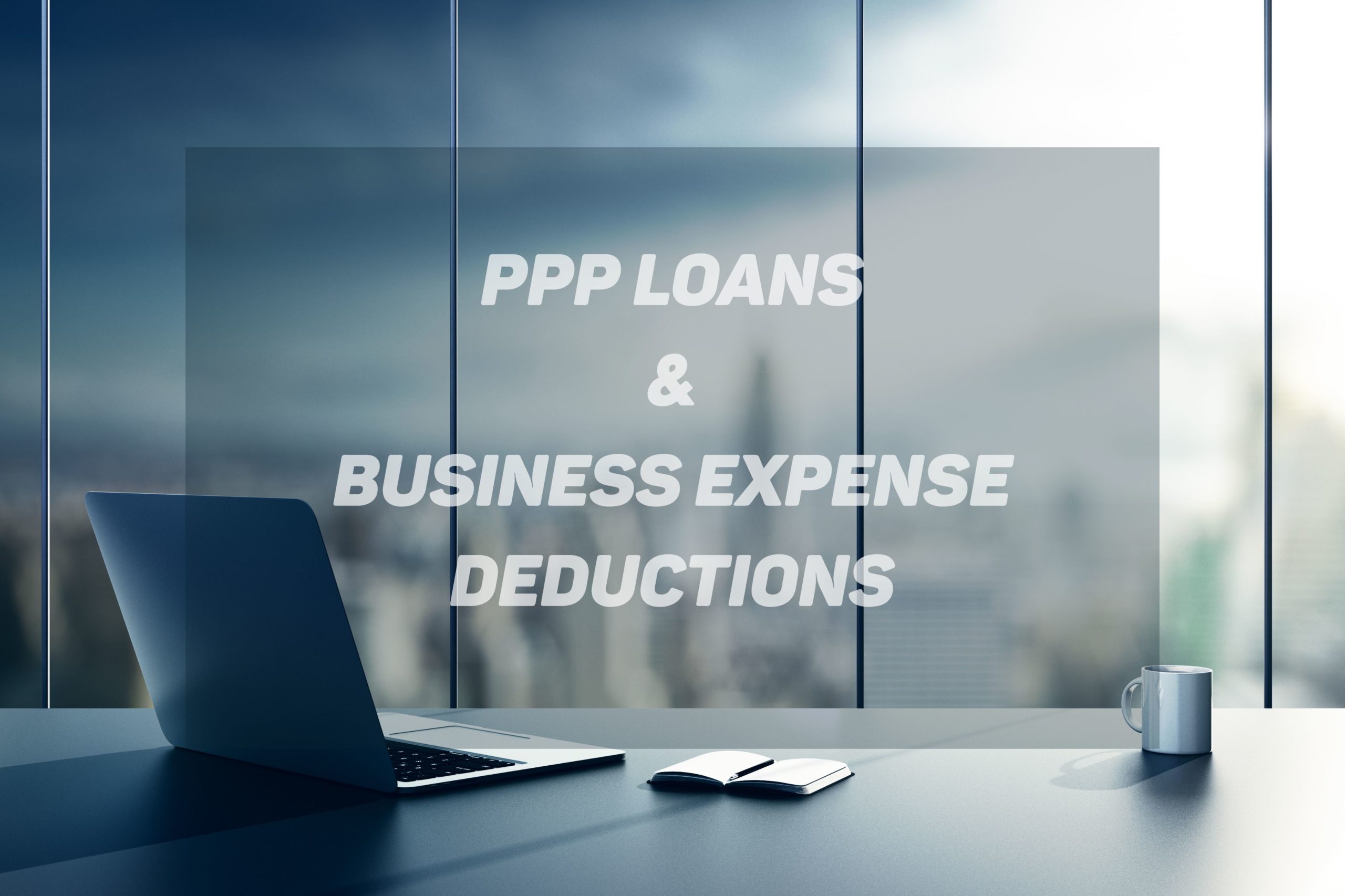PPP Loans & Business Expense Deductions
Taxpayers who reasonably expect their Paycheck Protection Program (PPP) Loans to be forgiven cannot deduct otherwise eligible expenses in 2020 if they used their PPP loan to pay the expenses.
Background & More Information
On April 30, 2020, the Internal Revenue Service (IRS) issued Notice 2020-32, providing that a taxpayer that receives a PPP Loan is not permitted to deduct expenses that are normally deductible under the Internal Revenue Code to the extent the payment of those expenses results in loan forgiveness under the CARES Act. Revenue Ruling 2020-27 was published on November 18, 2020 and it provided some more guidance about otherwise deductible business expenses. The revenue ruling discusses two situations where a taxpayer receives a PPP loan in 2020 and pays expenses, including payroll, mortgage interest, and rent, that are eligible expenses under Section 1106(a) of the CARES Act. In one situation, the taxpayer applies for forgiveness of the PPP loan (and knew the amount of expenses that would qualify for forgiveness) in November 2020 but was not informed before the end of 2020 as to whether the loan would be forgiven. In the second situation, the taxpayer knew the amount of expenses that would qualify for forgiveness, and they did not apply for loan forgiveness by the end of 2020. The IRS concluded that in both situations, the taxpayer has a reasonable expectation of reimbursement (in the form of loan forgiveness) at the end of 2020; therefore, deduction of the expenses would be inappropriate. The IRS cites Internal Revenue Code Sec. 265(a)(1), which disallows a deduction for otherwise eligible expenses to the extent the payment of those eligible expenses is allocable to tax-exempt income in the form of reasonably expected covered loan forgiveness.
The IRS also published Revenue Procedure 2020-51 on November 18, 2020. This revenue procedure provided for a safe harbor allowing a taxpayer to claim a deduction in the taxpayer’s 2020 tax year for certain otherwise deductible eligible 2020 expenses if in a later year the taxpayer is denied PPP loan forgiveness, in whole or in part, or the taxpayer decides not to request PPP loan forgiveness. Under the safe harbor, a taxpayer is allowed to deduct expenses originally thought to be non-deductible on (1) the taxpayer’s timely filed (including extensions) original income tax return or information return for the 2020 tax year; (2) an amended return or an administrative adjustment request for the 2020 tax year; or (3) the taxpayer’s timely filed (including extensions) original income tax return for the subsequent tax year. To qualify for the safe harbor, taxpayers must attach a statement to their return titled “Revenue Procedure 2020-51 Statement”. This statement must include:
(1) The taxpayer’s name, address, and social security number or employer identification number;
(2) A statement specifying whether the taxpayer is an eligible taxpayer because all or part of their PPP loan was not forgiven or because they decided not to seek forgiveness for all or part of their PPP Loan;
(3) A statement as to whether the taxpayer is applying the safe harbor for deductions to be claimed in 2020 taxable year or a subsequent year;
(4) The amount and date of disbursement of the taxpayer’s covered loan;
(5) The total amount of covered loan forgiveness that the taxpayer was denied or decided to no longer seek;
(6) The date the taxpayer was denied or decided to no longer seek covered loan forgiveness; and
(7) The total amount of eligible expenses and non-deducted eligible expenses that are reported on the return.
Also, nothing in the revenue procedure prevents the IRS from examining tax returns to determine whether a taxpayer is qualified to deduct the expenses in question.
If you have any questions related to PPP loan forgiveness, please do not hesitate to contact us at (404) 365-5682.





